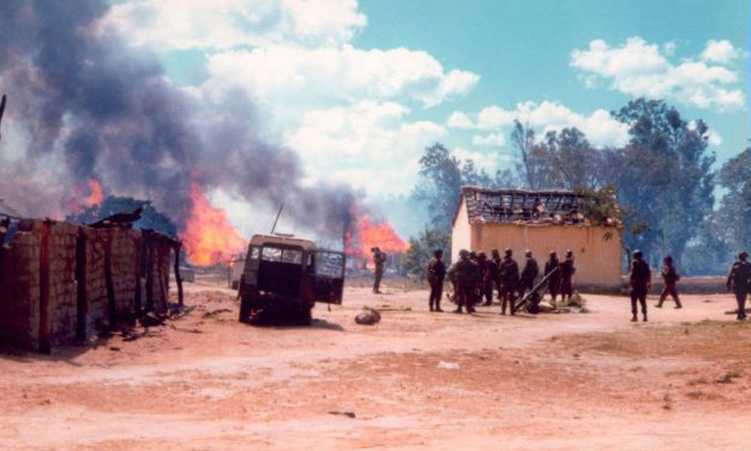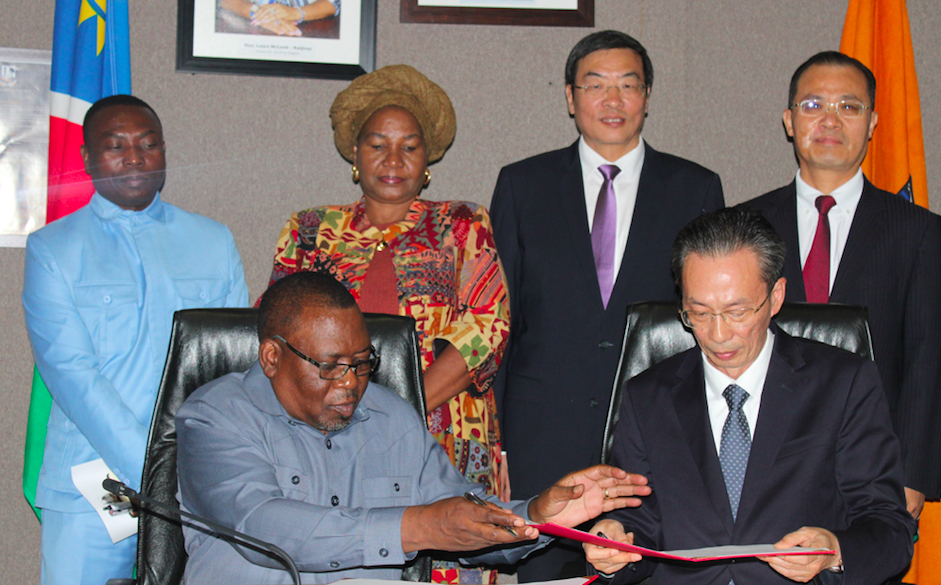The Cassinga massacre, also known as the Cassinga raid, was a tragic event that occurred on 4 May 1978 in southern Angola.
The South African Defence Force carried out a surprise attack on the Cassinga refugee camp, which was being used as a base by Swapo.
The attack resulted in the deaths of hundreds of Namibian refugees, many of whom were women and children.
The legacy of the Cassinga massacre has been felt in Namibia ever since, shaping the country’s political, social, and cultural landscape.
One of the most significant legacies of Cassinga is the impact it had on the Namibian independence movement. The massacre galvanised the Namibian people and further solidified their resolve to fight for their freedom from South African rule.
It also brought international attention to the plight of the Namibian people, leading to increased support for the independence movement from other African nations and the international community.
The Cassinga massacre also had a profound impact on Namibia’s post-independence government. It serves as a powerful reminder of the atrocities committed during the struggle for independence and the importance of ensuring that such events never happen again.
As a result, the government has made a concerted effort to address the country’s past and promote reconciliation and healing among all Namibians.
Furthermore, the Cassinga massacre has had a lasting impact on the country’s cultural identity.
The victims of the massacre have become symbols of Namibia’s struggle for independence, and have been revered as heroes in many parts of the country.
Their memory is kept alive through commemorations, monuments and museums which serve as a powerful reminder of the sacrifices made by those who fought for Namibia’s freedom.
The legacy of Cassinga has also had an impact on Namibia’s relationship with South Africa. The attack was seen as a gross violation of international law and human rights and it further strained the already tense relationship between the two countries.
However, in the years since Namibia’s independence, the two nations have worked to improve their relationship, and today they enjoy close economic and political ties.
Finally, the Cassinga massacre has had a lasting impact on the Namibian people themselves. It has become a powerful symbol of the country’s resilience in the face of adversity and a testament to the human spirit’s ability to overcome even the most difficult challenges.
It has inspired generations of Namibians to continue fighting for justice and freedom, and it serves as a reminder that their struggle is not over.
In conclusion, the legacy of the Cassinga massacre has been felt in Namibia for over four decades.
Namibian people have shown incredible resilience and determination in the face of adversity, and they continue to work towards a better future for themselves and their children.
Jona Haukongo
Stay informed with The Namibian – your source for credible journalism. Get in-depth reporting and opinions for
only N$85 a month. Invest in journalism, invest in democracy –
Subscribe Now!






